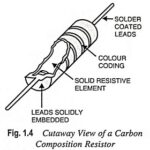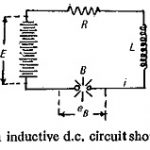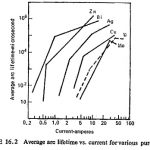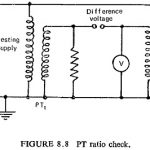Electrical Power Engineering Multiple Choice Questions and Answers (MCQs) Part 7
Electrical Power Engineering Multiple Choice Questions and Answers (MCQs) Part 7: 302. Sky appears blue due to (a) radiation. (b) reflection. (c) refraction. (d) scattering of light over dust particles.…



